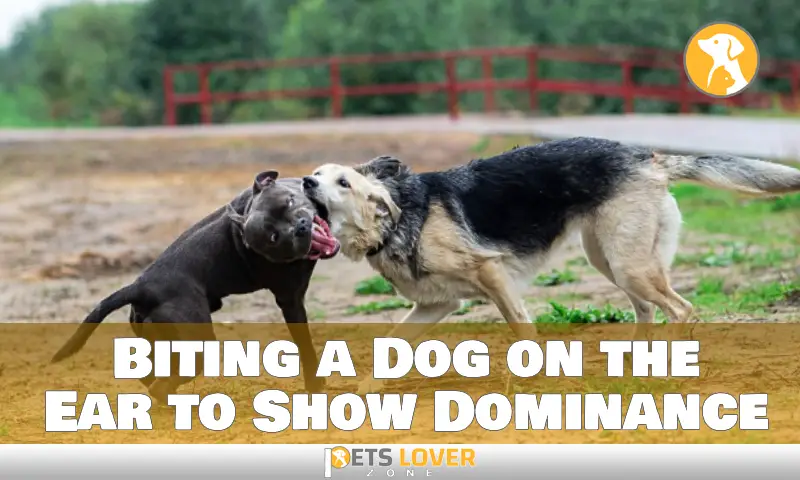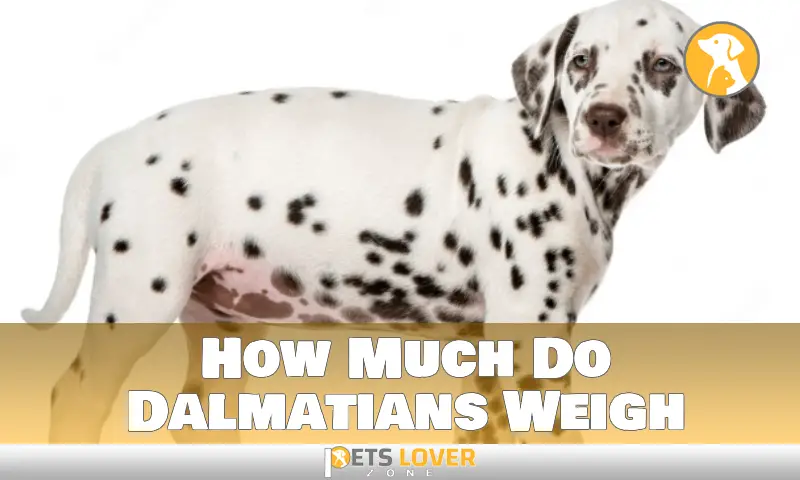Do you want to own a long haired puppy? If so, it is important to know what to look for when selecting one. While some breeds may look like they have long hair, there are certain traits that can tell you for certain if your pup will have long hair.
Knowing what to look for when selecting a puppy with long hair is key in making sure you get the pup of your dreams. In this article, we’ll discuss the different methods of determining if a puppy will have long hair and why it is important to make an informed decision. We’ll also talk about how to tell if a pup is healthy and show you the best breeds for long-haired puppies.
By the end of this article, you will be able to make an educated decision about which puppy will best fit into your family and lifestyle. So let’s get started and see how you can select the perfect pup with long locks.
Learn to Read the Breed Standards
Knowing which breed of puppy you’re looking at can help you determine whether it will have long hair. Breed standards, which describe physical traits from head to tail, are a great way to figure out the differences between breeds—including hair length. The Kennel Club’s Illustrated Breed Standards outlines 201 pure breeds, with beautiful and detailed drawings of each breed. These breed standards are an enduring tool for parent breed clubs to guide and educate judges, as well as study and learn the features of each breed.
So if you want to know whether a pup will have long hair, read the standards. You can find more detailed descriptions in the illustrated standard that will tell you exactly what kind of coat and the exact level of length it should have.
Look for Signs of Molting and Shedding
Molting and shedding are two tell-tale signs of whether a puppy will grow a long coat of fur or not. While most breeds shed hair all year round, there are a few that actually only shed during certain times of the year.
These dogs “molt” or drop large amounts of hair in one go. This usually happens twice a year and is the clearest sign that your pup may end up with a luscious mop of fur. Examples include German Shepherds, Golden Retrievers and Shih Tzus.
Shedding can be managed with regular grooming and brushing as it helps to remove loose fur from your pup’s coat before it ends up all over your carpets, clothes and furniture. Since regular brushing also distributes natural oils through the coat, it will keep your pup’s fur looking shiny and healthy too.
Measure the Length of Their Fur
If you want to know if your puppy will have long hair, it’s important to measure the length of their fur. This can be done easily with a tape measure.
Start by measuring from the base of the collar to the base of the tail – this will tell you how long their fur is. You can also use the ‘two-finger rule’ to measure around their chest girth. To get an accurate reading, make sure your two fingers are one inch apart. Then add another couple of inches for a snug fit.
Finally, you’ll want to measure their body length from the base of the tail to the nape of the neck. This should give you an idea of how long their fur will grow in total once they reach adulthood.
Check Their Genetics
When it comes to predicting the length of a puppy’s coat, genetics plays a huge role. Dogs have two copies of each gene, one inherited from the mother and one from the father. The sex of offspring is determined by either an X or Y chromosome in the sperm, and this genetic makeup then determines the genotype of each puppy.
Since DNA is random, it’s not always easy to tell if a puppy will have long hair—or even what color fur they will eventually have. However, there are certain breeds that consistently produce puppies with specific traits. Here are some examples:
- Toy Poodle: Puppies from this breed usually have curly or wavy fur in shades ranging from white to black.
- Cocker Spaniel: These puppies typically have wavy fur that is white, black or golden in color.
- Bichon Frise: This breed typically produces puppies with soft and fluffy coats of white or cream colors.
No matter the breed you choose, remember that genetics is only part of the equation—puppies are individuals, too. With proper care and nutrition, you can ensure your pup will live a happy and healthy life with beautiful long hair.
Consider the Size of Their Parents
When considering the length of your puppy’s coat, take a moment to look at their parents. Although we can’t predict for certain if your pup will have a long coat, their size can help us make a more educated guess.
Coat length is controlled by the FGF5 gene, which communicates to the body how much, or how little fur to grow. While genetic mutations and environmental factors can play a role in the length of fur, more often than not puppies will be an average size of their parents.
It is important to remember that variation in coat color, coat length, and head size are due to each parent passing down around 50% of their genetic material. However, it is still helpful to pay attention the size of the puppy’s parents when considering its future coat length.
Talk to a Professional Dog Groomer
For the ultimate assurance that your puppy will have long hair, the best thing to do is to talk to a professional dog groomer. They will be able to give you an educated opinion on the breed and type of coat your puppy is likely to have once it reaches maturity.
Professional dog groomers are also an invaluable resource for all other aspects of keeping your pup well-groomed. They can provide advice on everything from daily brushing and combing to bathing every three months and starting your pup’s grooming routine at a young age.
By consulting a professional groomer beforehand, you can get a better idea of what kind of long-term coat care and maintenance your pup’s particular breed will require – and always ensure that your precious pooch looks its best.
People Also Like: Learn How to Crate Train a Weimaraner Puppy to Get Ready
Conclusion
In conclusion, if you’re looking to determine whether or not your puppy will have long hair, there are several things you can look for. From studying the breed’s genetics to observing your puppy’s coat once they arrive, there are plenty of clues that will determine whether your pup will be sporting a long or short mane.
When in doubt, speak to your veterinarian or breeder for their advice and expertise. With their help, you’ll be able to make the best decision for your four-legged friend. After all, there’s nothing more rewarding than showing off your pup’s beautiful, long-haired coat.





